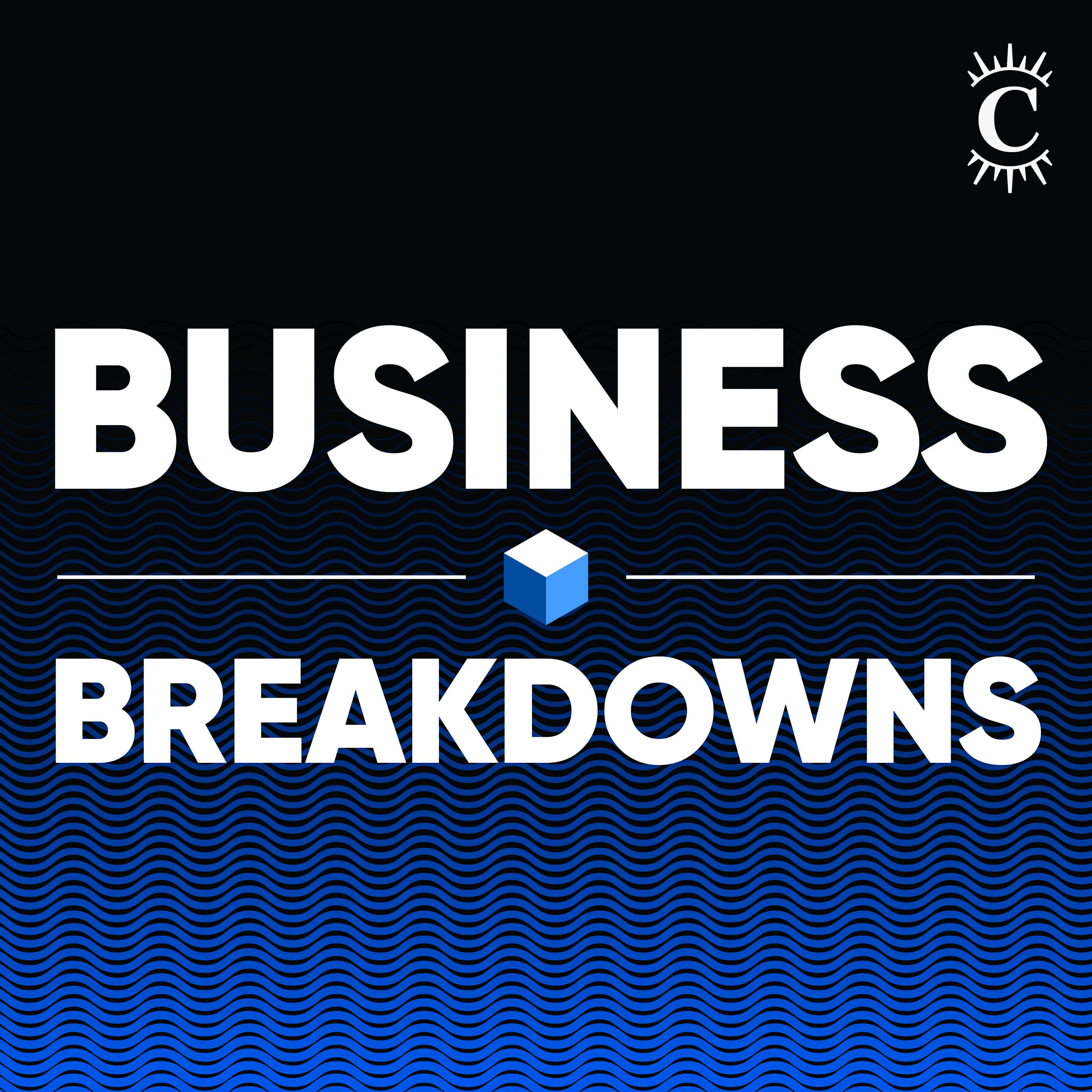![cover of episode Gaming Consoles Part 3: Nintendo - [Business Breakdowns, EP.203]](https://megaphone.imgix.net/podcasts/99c6a30e-d464-11ef-ba6a-b75209dfbb55/image/29d64acc5663b913a35fd93d04571932.jpg?ixlib=rails-4.3.1&max-w=3000&max-h=3000&fit=crop&auto=format,compress)
Gaming Consoles Part 3: Nintendo - [Business Breakdowns, EP.203]

Business Breakdowns
Deep Dive
Shownotes Transcript
Today's episode is the third in our three-part miniseries on video game consoles. Here, we are breaking down Nintendo. Our guest is Ryan O'Connor), the founder of Crossroads Capital. He has a wealth of knowledge about Nintendo, and you will hear it throughout this episode.
We discuss the history of the brand and business, including how it revitalized the industry in the 1980s, some of its strategic decisions, and how the Nintendo Switch is a new economic opportunity for the business. That ties into the console thesis, which we have discussed in the previous two episodes.
Please enjoy this Breakdown of Nintendo.
Gaming Consoles Part 1: The Thesis)
For the full show notes, transcript, and links to the best content to learn more, check out the episode page here.)
-----
**This episode is sponsored by Finley) - modern debt capital management software for borrowers and lenders. Ask around and you'll find that nearly every operator or investor has experienced the operational nightmare of managing debt capital. Finley works by translating unstructured credit agreements into code, which gets all parties on the same page and helps them streamline the credit management lifecycle--think covenant reporting, interest and fee tracking, and portfolio analysis. Join the forward-thinking finance leaders, investors, and bank executives already modernizing their debt capital operations with Finley. Learn more and request your demo at **finleycms.com.)
-----
Business Breakdowns is a property of Colossus, LLC. For more episodes of Business Breakdowns, visit joincolossus.com/episodes).
Editing and post-production work for this episode was provided by The Podcast Consultant (https://thepodcastconsultant.com)).
Show Notes
(00:00:00) Welcome to Business Breakdowns
(00:02:52) Episode Overview: Nintendo Breakdown
(00:03:58) Nintendo's Business Transformation
(00:06:57) The Origins of Nintendo
(00:09:14) The Video Game Crash of 1983
(00:12:18) Nintendo's Revival Strategy
(00:15:23) The NES Era and Quality Control
(00:19:57) Modern Nintendo: Digital and Third-Party Ecosystem
(00:25:40) Nintendo's Focus on Younger Generations
(00:33:36) The Shift to a Recurring Revenue Model
(00:39:43) Revenue Model of Nintendo Switch
(00:40:11) Backward Compatibility and AI Enhancements
(00:41:59) Nintendo Switch Online: The Netflix of Games
(00:45:20) Nintendo's Business Model Transformation
(00:51:24) Digital vs. Physical Game Sales
(01:01:19) Nintendo's IP and Cinematic Universe
(01:08:53) Management and Shareholder Relations
(01:14:10) Risks and Future Outlook
(01:15:40) Key Lessons from Nintendo's Evolution